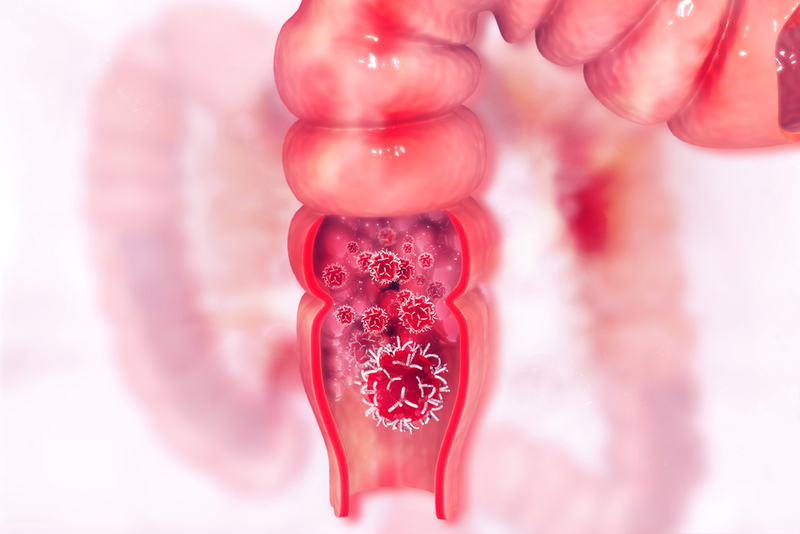MD Anderson study points to new strategy for boosting immunotherapy effectiveness in advanced colorectal cancer
Newswise Mar 26, 2019
Researchers at The University of Texas MD Anderson Cancer Center revealed the common oncogene KRAS as a possible explanation for why many patients with metastatic colorectal cancer (CRC) do not respond to immune checkpoint blockade (ICB) therapy.

Findings from the study, published in the March 21 online issue of Cancer Cell, show how KRAS, a key mutation in CRC, promotes metastasis by controlling the immune-suppressive capabilities of the tumor microenvironment. The study results reveal how KRAS and its downstream target genes interact, supporting further study of a new approach to enhancing ICB therapy.
CRC is a major cause of cancer mortality worldwide. Approximately 20% of patients have metastatic disease at the time of diagnosis, and, despite improvements in treatments, approximately 12% of patients survive to 5 years. The quest for new effective treatments or improvements to standard-of-care therapies is crucial.
“The majority of colorectal cancer patients do not respond to immune checkpoint blockade therapy, motivating the need for study of mechanisms and combination regimens with targeted therapies and ICB,” said Ronald A. DePinho, MD, professor of cancer biology. “Our study established an essential role for KRAS in modulating immune microenvironment and primary ICB resistance in advanced CRC.”
Using a genetically engineered mouse model, DePinho’s team demonstrated how a KRAS-regulated gene called interferon regulatory factor 2 (IRF2) drives immune suppression and immune therapy resistance in CRC. They showed that KRAS dampened IRF2 expression, which in turn, resulted in high expression of a protein-encoding gene called C-X-C motif chemokine ligand 3 (CXCL3). CXCL3 binds to its receptor, CXCR2, which is found on myeloid-derived suppressor cells (MDSC) that promote immune suppression and metastasis. The researchers found that restoration of IRF2 expression, or therapeutic inhibition of MDSC by targeting CXCL3-CXCR2 signaling, increased CRC sensitivity to ICB therapy.
“This KRAS-IRF2-CXCL2-CXCR3 axis provides a framework for determining which patients may respond better to ICB, and potentially identifying combination therapy to enhance ICB therapy effectiveness,” said DePinho. “It remains possible that KRAS mutation status in metastatic CRC could be a predictor of ICB resistance when mediated by IRF2 suppression. Our studies suggest the use of combination CXCR2 inhibitor with ICB therapy in patients with advanced CRC who do not respond to today’s standard of care immunotherapy.”
-
Exclusive Write-ups & Webinars by KOLs
-
Daily Quiz by specialty
-
Paid Market Research Surveys
-
Case discussions, News & Journals' summaries